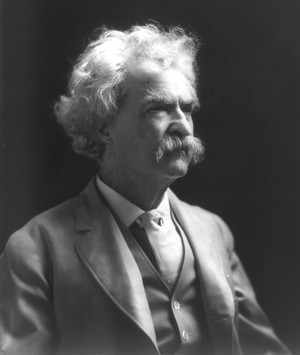



Role Models

"Keep away from people who try to belittle your ambitions. Small people always do that, but the really great make you feel that you, too, can become great. " -Mark Twain
The term "role model" first appeared in a Columbia study of the socialization of medical students by sociologist Robert K. Merton.[2] Role models are clearly important and influential should not to be confused with mentors. A role model teaches by example. A role model embodies and enacts the competencies and qualities of a physician "committed to ensuring the best care of our patients. [6] Another definition: "A person considered as a standard of excellence to be imitated".[1]
Role modeling has always been a feature of medical education. Learning from role modeling is learning that is not necessarily taking place in lectures or seminars. Medical educators observe that learners pattern themselves on physicians they respect and trust. The learning can be conscious, with observation and reflection, or subconscious also.
Role models in medicine have a significant influence on the career choices of medical students. The choice of specialty is often made with roles models in mind. What role models say about different specialties is incorporated into learners’ views of medical careers.
Professionalism can be modeled. Other things can be learned from role models including communication skills, clinical reasoning, resource management, dealing with conflict and reporting medical error.
Role modeling is a powerful tool for passing on knowledge, skills and values. We all know the adage: "See one, Do one, Teach one". This outdated method of passing on knowledge, particularly in technical procedures, can undermine the need for sustained and high quality role modeling.
_________________________________
1. Wright S, Kern DE, Kolodner K, Howard DM, Brancati FL. Attributes of Excellent Attending-Physician Role Models. NEJM 1998;339:1986-93. www.nejm.org/doi/pdf/10.1056/NEJM199812313392706 accessed April 12, 2011
2. Holton G. Robert K. Merton 4 July 1920-23 February 2003. Proceedings of the American Philosophical Society 2004;148(4);505-517.
6. Frank,J.R. (Ed.). 2005. The CanMEDS 2005 physician competency framework. Better standards. Better physicians. Better care. Ottawa: The Royal College of Physicians and Surgeons of Canada.
 Previous
Previous